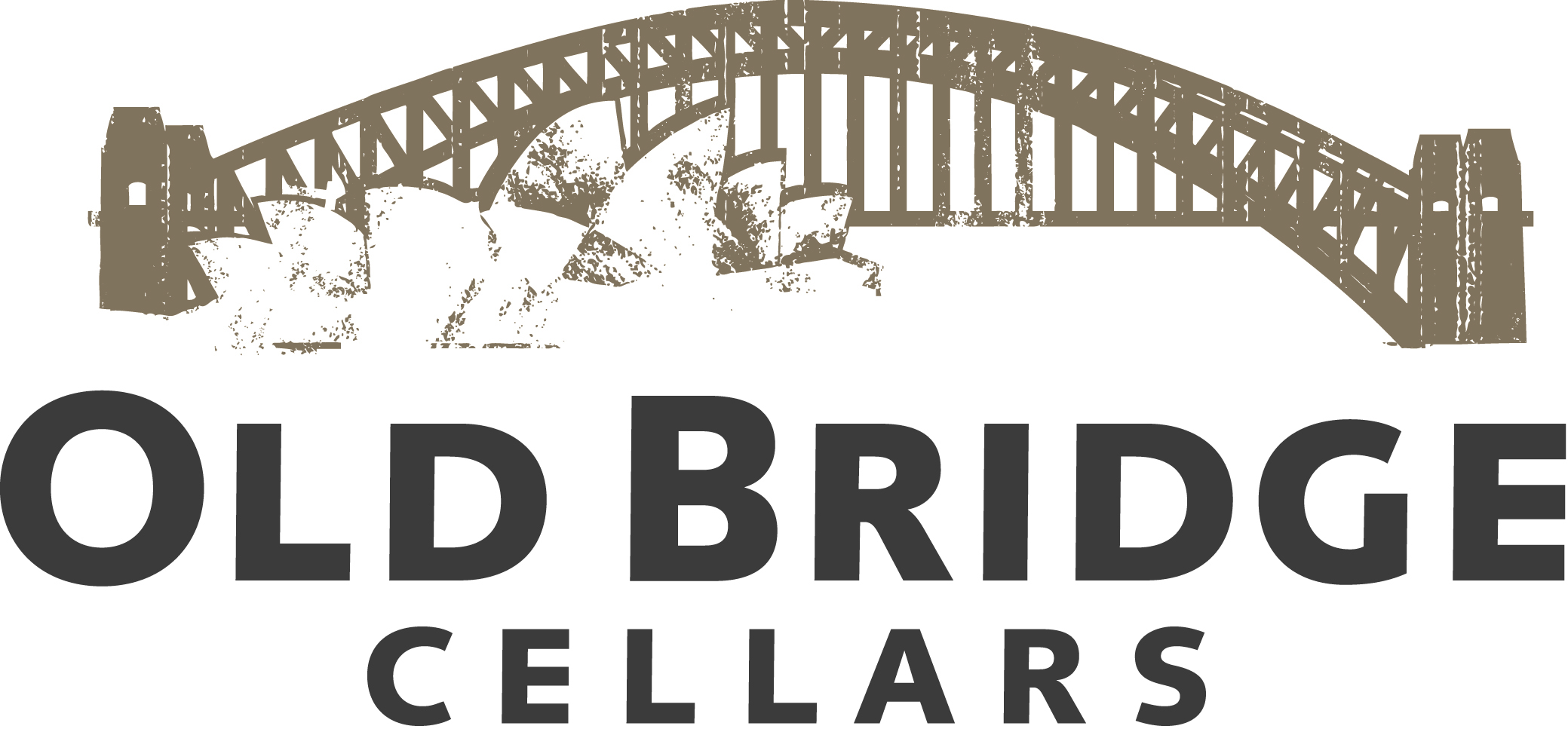Staging Success: Mark Tarlov a Hard Act to Follow
Oregon Wine Press
September 1, 2o015
by Karl Klooser
The producer who brought Stephen King’s fury-filled cult classic “Christine” to the screen is applying his substantial talents to a boutique winery that is turning heads throughout the industry.
Tarlov came to Oregon in 2007, heading the group that initially leased — later acquired — Seven Springs Vineyard and folded it into Evening Land Vineyards, based on California’s Sonoma Coast. Seeking a more independent direction, Tarlov exited Evening Land in 2012 and began planning the Chapter 24 venture in partnership with famed Burgundian vigneron Louis-Michel Liger-Belair of Vosne-Romanée.
Australia-born winemaker Max Marriott, who worked with Liger-Belair in Burgundy, crafts the winery’s three original Pinot Noirs: The Fire, The Flood and The Last Chapter. Chapter 24 is a reference to the concluding chapter in Homer’s epic “The Odyssey” — in which Odysseus finally returns home to the Greek island of Ithaca.

Tarlov demonstrated his penchant for showmanship at the Chapter 24 launch party last November. In addition to the winery’s signature Pinot Noirs, attendees won’t likely forget the celebration’s entertainment by Portland’s Aerial without Limits Dance Collective — artistry worthy of Cirque du Soleil.
Fun and frivolity were definitely afoot in an exhilarating atmosphere created within Chapter 24’s tiny but terrifically transformed tasting room, designed by architect Woodson Rainey Jr. and built by Cellar Ridge Construction of McMinnville — and to think, this space was once a funky little gas station/garage, long abandoned and looking on the verge of collapse.
Providing a permanent backdrop for whatever affairs arise within is a dynamic mural by Ohio artist Cathie Bleck. The powerful piece engulfs the room in a swirling deluge of forms combining wind, water and light. Bleck said her inspiration sprang from a Skype meeting with Tarlov’s crew — held over Chapter 24 wine — after hearing about the Missoula Floods that swept over the Willamette Valley region some 13,000 to 15,000 years ago.
Such a spectacular public introduction is, as they say, a hard act to follow. But Tarlov has now exceeded it with an unprecedented offering: the most expensive wine from Oregon. The new Double Zero label features single vineyard Pinots priced at $300. Per. Bottle.
It takes a village to raise a wine — and its price. The first three vintages (2012, 2013, 2014) were made by Mike ‘Mikey’ Etzel Jr., one of three sons of Beaux Frères co-founder Michael Etzel — Marriott will take over the upcoming crush — and starting in 2014, the project became a joint venture with Chris Hermann, one of the top winery lawyers in Oregon.
Double Zero is produced in small batches; the grapes are snipped from the stalk — pedicel included — creating a whole-cluster wine that is then fermented in clay amphorae. The label features fruit from acclaimed vineyards: Shea, Hyland, Croft, Crawford Beck and Stardance.
In 2012, Tarlov produced 25 cases each — 50 total — from Shea and Hyland. The following year, Double Zero crafted the same number but from Shea and Croft. From the 2014 vintage, 75 cases will be released featuring three single-vineyard designates — 25 cases each. In addition, 350 cases are in production of a Willamette Valley blend made in an identical fashion but fermented in a combination of amphorae and barrels; they will cost $75 per bottle.
Regarding the brand’s single-vineyard wine price tag, Tarlov says, “There is no absolute value in a wine to make it worth $300. But there is nothing to say that an Oregon wine cannot be worth the same $300 a Napa Cab fetches if the wines are in limited supply, are made with integrity and taste really, really good.”
Besides, he adds, “Fifty percent of the proceeds from the Double Zero wines will be donated to two charities.
“It was not about us getting $300 but about folks feeling that there was enough value in an Oregon Pinot made in this style by this winery to pay the $300.”
Double Zero is currently for sale at the Dundee tasting room, but don’t expect any samples. And if the price seems daunting, tasting room manager Jessie Gordon has available plenty of $60 Fire, $60 Flood and $90 Last Chapter.
Top wine critics have, thus far, awarded the three 2012s scores in the low- to mid-90s, with The Last Chapter earning the most points.
Chapter 24 wines are currently being made at the former Maysara winery in McMinnville, the fruit sourced from 70 small blocks in 29 vineyards spanning all six Willamette Valley AVAs. Annual production reached 3,500 cases with the 2014 vintage.
The wines are made using the infusion method, which reduces tannins and viscosity; it also results in lower alcohol levels relative to the sugar at harvest.
Tarlov explains, “We pick only fully ripened grapes — sugars and phenolics — and the infusion process has the effect of encouraging the actors in the microbiome to produce a finished wine of a unique texture and lower alcohols.”
What lies ahead remains to be seen. Chapter 24 has its own vineyards and winery facilities planned. We can expect promotional events featuring unique Tarlov surprises. Above all else, he is doing everything possible to produce wine worthy of a lofty price.
In regard to his other profession, Tarlov is just as busy with a new movie in development, “Past, Present and Elsewhere,” and a 30-minute TV show called “The Looking Glass.”
